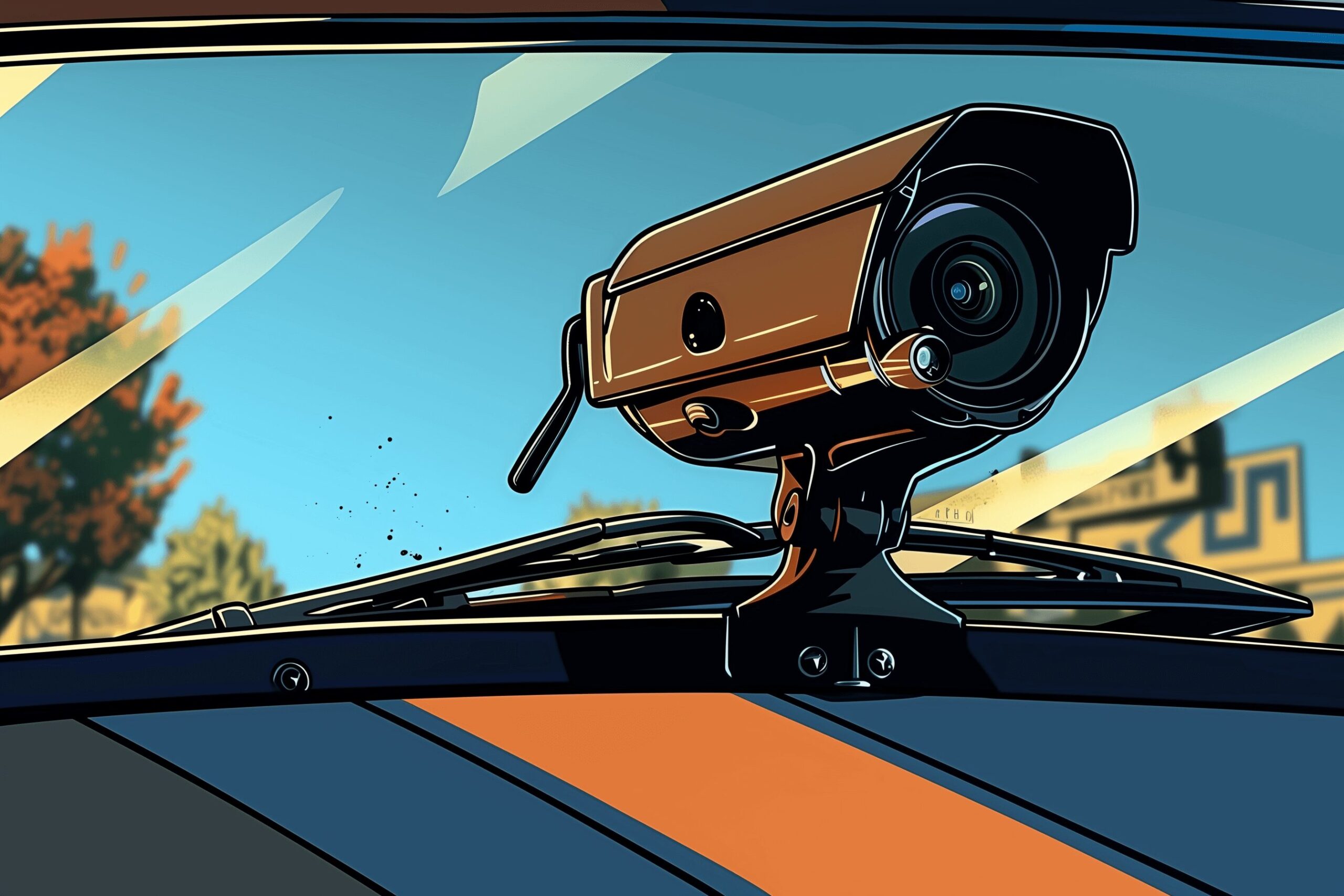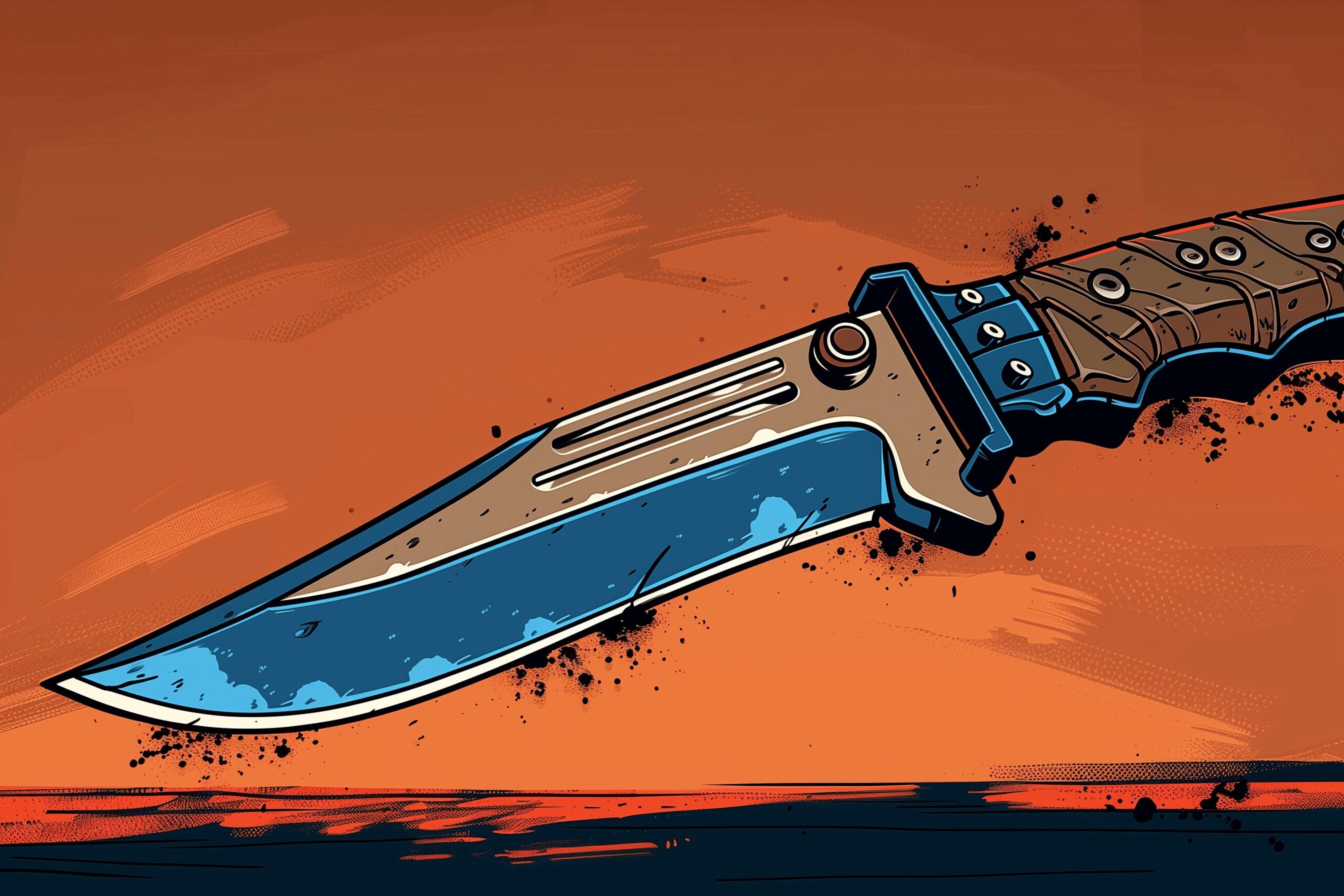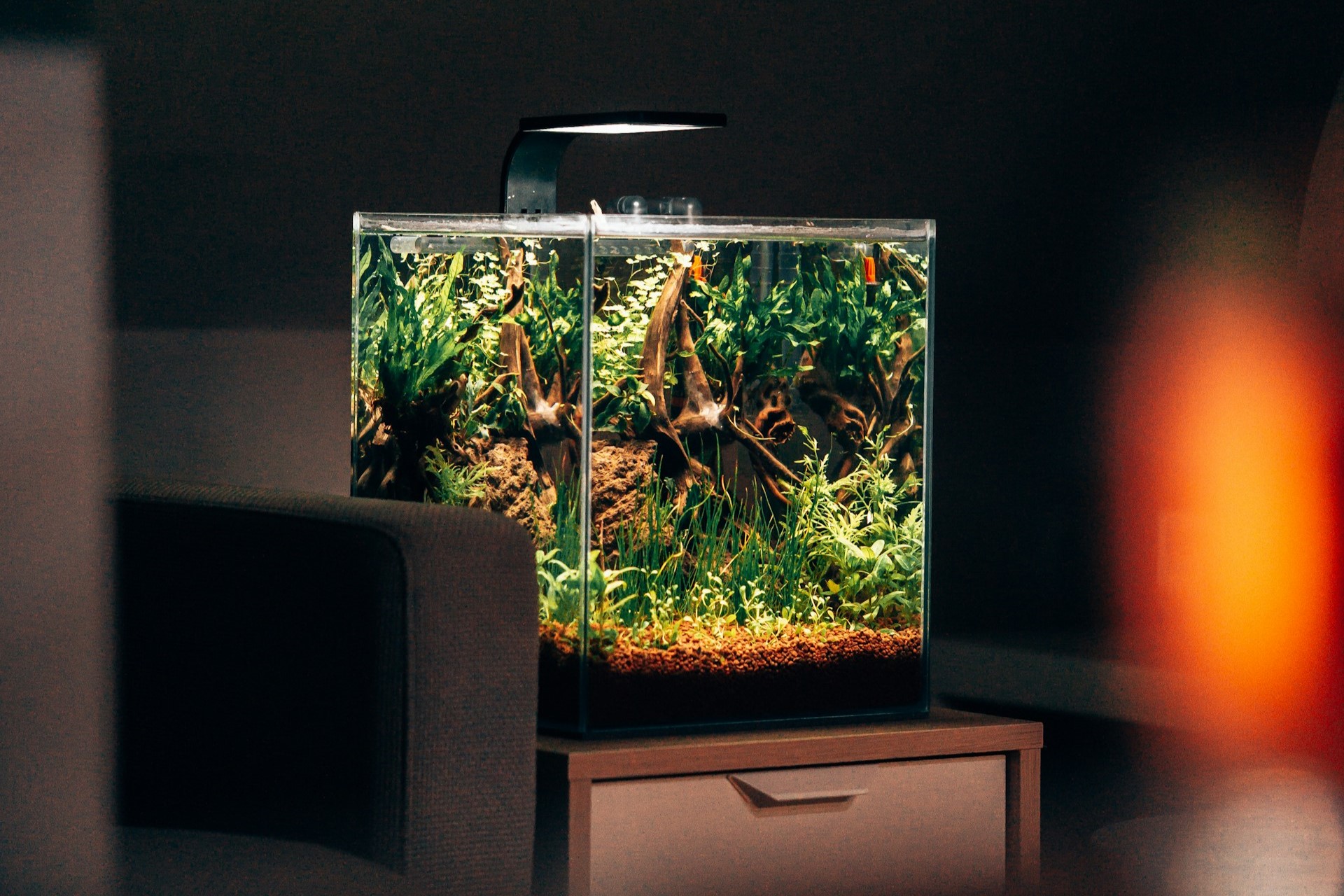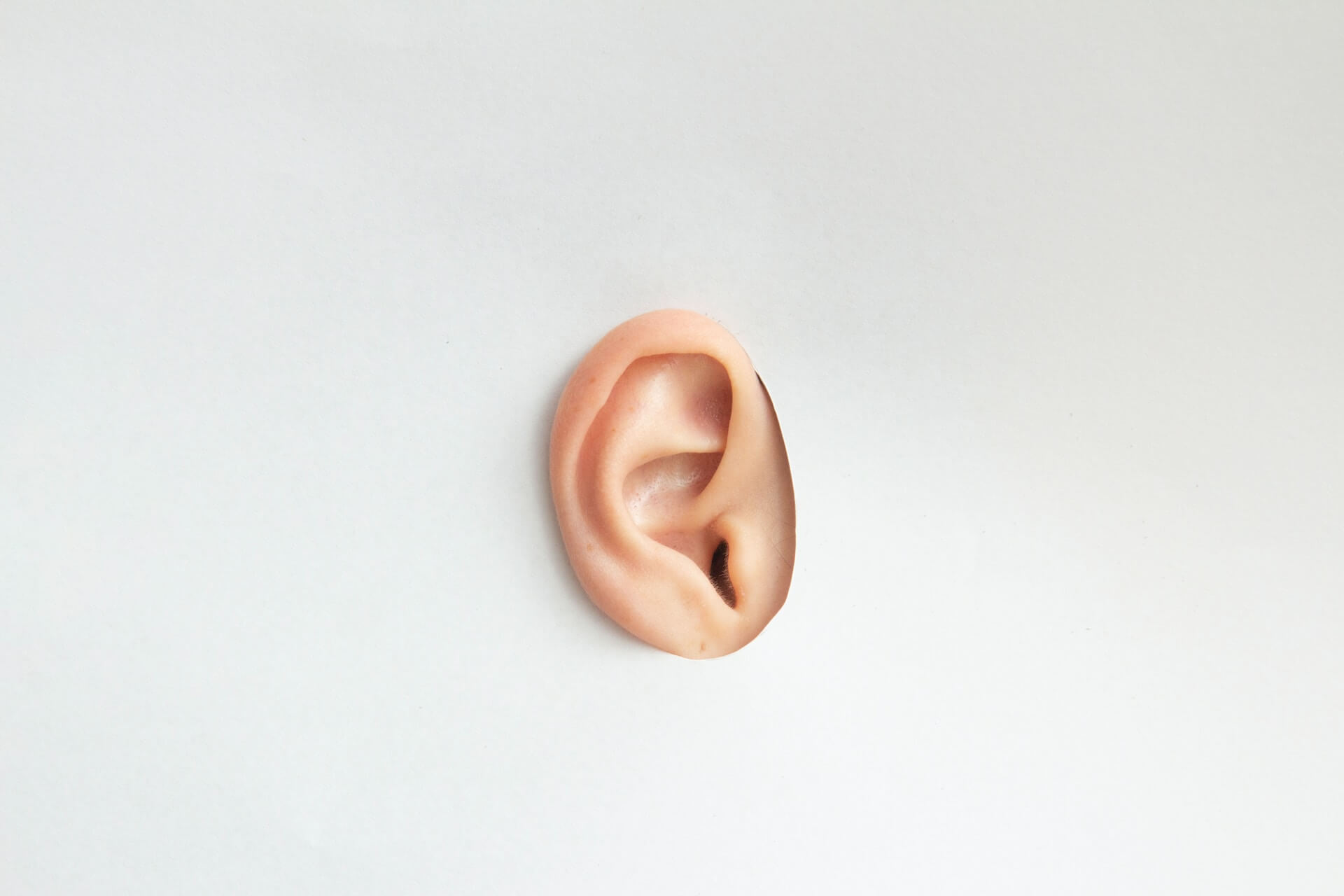
As an Amazon Associate, Modded gets commissions for purchases made through links in this post.
According to American Hiking, hiking is essentially “nature’s therapy” — and for good reason. Hiking with your buddies can help get your blood pumping and allow you to reconnect with all nature has to offer. However, knowing what you need for all types of hikes can be hard. Whether a thru-hike or a day hike, our ultimate hiking essentials checklist will help you pack the right things and hit the trails.
1. Clothing and Shoes
Having the right clothing and shoes or boots is critical while you hike. It’s best to dress for the weather forecast and plan for any poor weather conditions. Consider bringing a few layers of clothing to ensure you’re not too hot or cold. Additionally, having the right pair of shoes is important, as the wrong pair could make you more prone to injury. Determine what terrain you’ll be hiking and select a pair of hiking boots based on the trail.
2. Hiking Backpack
No matter how long or far your hike is, you want to ensure you have the right hiking pack to hold all your essentials. The best hiking pack should be lightweight and comfortable, so it doesn’t weigh you down or become a nuisance while hiking. Various brands, like Osprey, The North Face and REI, offer hiking packs suitable for outdoor adventures. They come in multiple sizes, colors and styles to suit every type of hiking enthusiast.
3. Water Bottle and Purifier
Staying hydrated is essential for a hiker. You could be hiking in a warm climate and likely lose a lot of sweat along the way. Replenish yourself by keeping a reusable water bottle on hand. Suppose you plan on venturing into the backcountry. In that case, you should also consider buying a water purification gadget, such as the LifeStraw. The LifeStraw allows you to drink directly from rivers, lakes and streams safely because it filters out bacteria or protozoa that could contaminate the water.
4. Snacks
Packing a few small snacks with you for your hikes is also a good idea. You can bring nuts, trail mix, energy bars, granola or peanut or almond butter to give you energy when exploring the outdoors. Be sure to bring enough food to last you the duration of the hike — the last thing you want is to be hangry and hiking.
5. Sunscreen and Insect Repellent
Two important things to bring during your hikes are sunscreen with an SPF of 30 or more and an effective insect repellent. Extended time in the sun will make you more prone to sunburn, which could be painful and increases your risk of developing skin cancer, according to the Mayo Clinic. Spraying insect repellent on your clothing can help reduce the chances of getting bitten by bugs or other creepy crawlies.
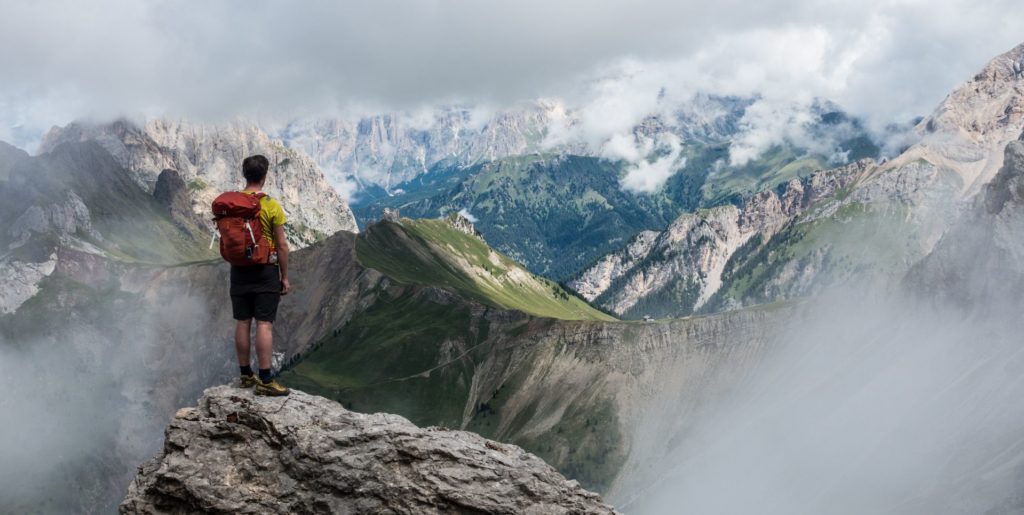
6. Fitness Tracker or Watch
If you like to hike as a form of exercise, you should certainly wear a fitness tracker or smartwatch to track your miles walked, see how many calories you burn, etc. Plenty of fitness trackers and smartwatches are sold by brands like Apple and Samsung or Garmin and Fitbit.
7. Navigation Tools
You probably use your smartphone to navigate during your hike, but what if your battery dies or you lose cellular service? In that case, you could get lost or have trouble retracing your steps. It’s important to bring some extra navigation tools for your hike, including maps, compasses and even personal beacons or satellite phones. These tools come in handy if you step off the beaten path, allowing you to call for help in emergencies.
8. Knife or a Multi-Purpose Tool
You never know when you may need a knife or multi-purpose tool while hiking, but it’s better to be safe than sorry. As its name suggests, a multi-purpose tool can be useful for many purposes and they can easily fit in your pack for a day- or thru-hike. You can also consider bringing a knife or even pepper spray if you want additional protection and self-defense during your hike.
9. First-Aid Kit
Another essential item for hiking is a first aid kit. Whether hiking alone or with a buddy, it’s important to bring various health-related items to protect yourself if you get injured. A good first-aid kit should include these items:
- Bandages of various sizes
- Antibiotic wipes and creams
- OTC or prescription medications
- Scissors and tweezers
- PPE
If you can find a small, portable first aid kit that can fit in your hiking pack, you’ll be set.
10. Personal Items
Lastly, bring other essential everyday carry items with you on a hike. For example, you should bring some form of personal identification — such as a passport or driver’s license — cash for emergencies and your health insurance card. All of these will come in handy if any emergencies arise. In addition, you can bring small personal items such as headphones or earbuds, a speaker and a pair of sunglasses.
Bring Essential Items While Hiking for the Best Experience
Hiking with friends is a great way to get outside your comfort zone and explore all nature offers. However, bringing the essential hiking items outlined above is crucial if you want to have the best hiking experience. Various hiking brands offer a wide range of products to make your hike one to remember. Remember to bring these essentials and happy hiking!
Stay up to date with the latest by subscribing to Modded Minute.
Author
Jack Shaw is a senior writer at Modded. Jack is an avid enthusiast for keeping up with personal health and enjoying nature. He has over five years of experience writing in the men's lifestyle niche, and has written extensively on topics of fitness, exploring the outdoors and men's interests. His writings have been featured in SportsEd TV, Love Inc., and Offroad Xtreme among many more publications.

